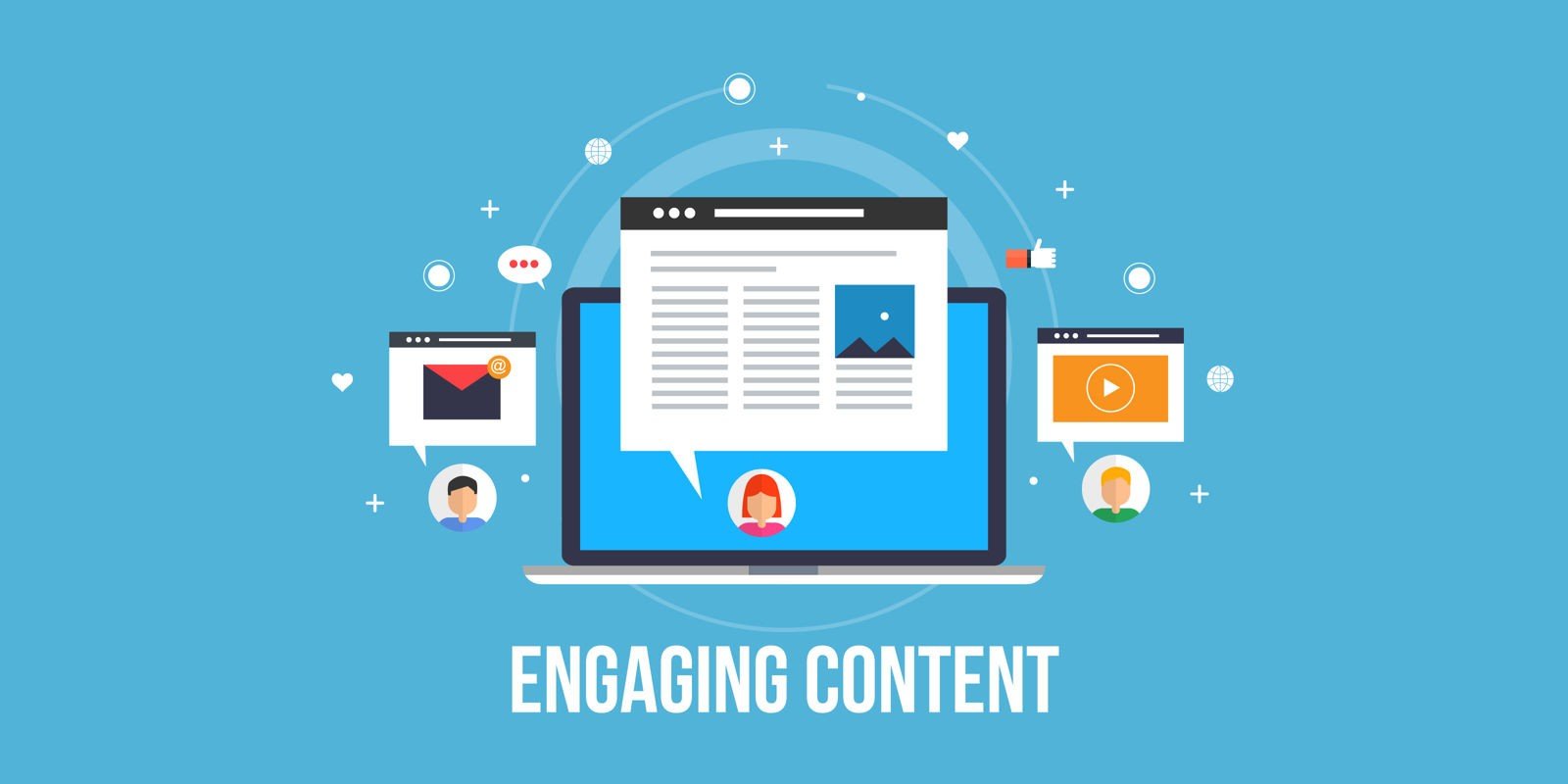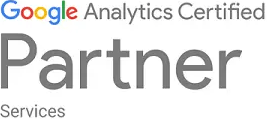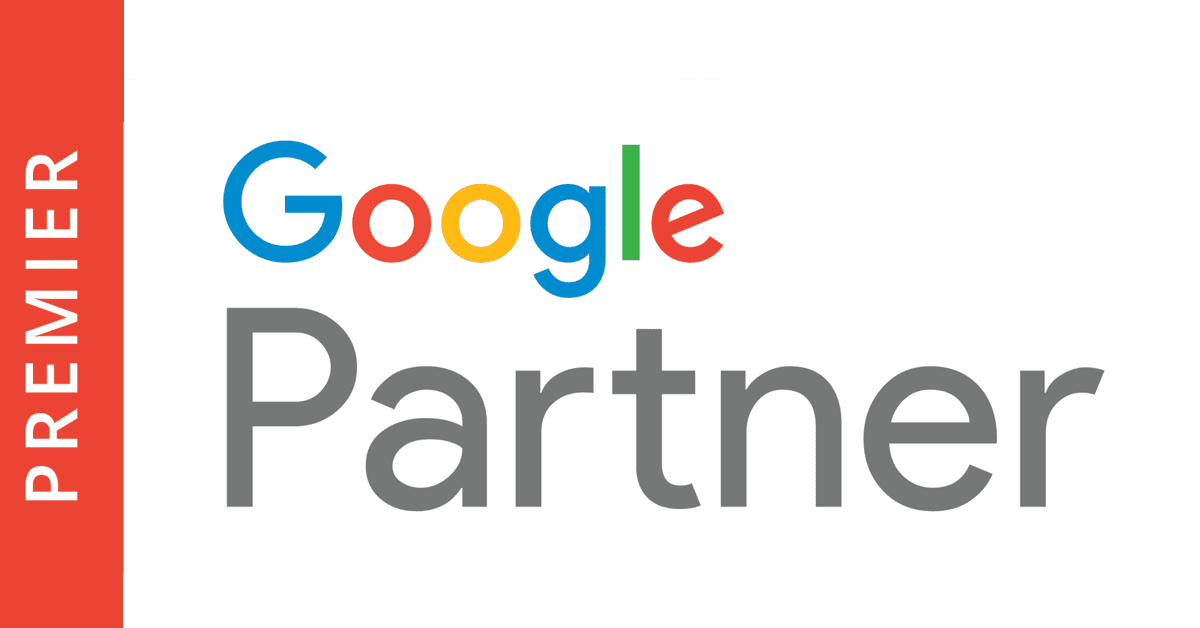Email marketing remains a powerful tool in the digital marketer’s arsenal, offering a direct line of communication to your audience and potential customers. When done right, it can significantly boost engagement, drive sales, and foster lasting relationships with your audience.
However, success in email marketing doesn’t come from haphazardly sending out messages; it comes from a deep understanding and strategic application of several key fundamentals. In this post, we’ll explore four critical areas you must master to run an effective email marketing campaign.
What is email marketing?
Email marketing is a digital marketing strategy that involves sending emails to a group of people to promote a product, service, or content. It’s used by businesses and organisations to communicate with their audience directly through their inboxes. The purpose of email marketing can vary from building relationships with potential and current customers to encouraging repeat business, driving engagement, or promoting new products or services.
Before you get started, here are some key aspects of email marketing:
- Permission-Based: Good email marketing practices are permission-based, meaning recipients have opted-in to receive communications from the sender. This is crucial for maintaining trust and ensuring high engagement rates.
- Regulations Compliance: Adhering to laws and regulations like the CAN-SPAM Act in the U.S. and the General Data Protection Regulation (GDPR) in the EU is crucial. These regulations set the rules for commercial email, establish requirements for commercial messages, and give recipients the right to have emails stopped from being sent to them.
What are the benefits of email marketing?
Email marketing offers a range of benefits for businesses, making it a valuable tool in any digital marketing strategy. Here are some of the key advantages:
- Cost-Effective: Compared to other forms of marketing, email marketing is relatively low-cost. There are no printing or postage fees typically associated with traditional direct mail. Many email marketing platforms offer free or low-cost plans suitable for businesses of all sizes.
- Targeted and Personalised Content: Email marketing allows for detailed segmentation of your audience, meaning you can send tailored messages to different groups based on their interests, behavior, or demographics. Personalisation can lead to higher engagement rates as the content is more relevant to the recipient.
- Direct Communication with Your Audience: Emails land directly in a person’s inbox. This direct line of communication can be more personal and feel more authentic than other forms of advertising. It keeps your audience engaged with your brand between purchases or during longer decision-making processes.
- Measurable Results: With email marketing, you can track who opened your email, which links were clicked, and how many people unsubscribed. This gives you a clear picture of how your campaign is performing, allowing you to make data-driven decisions and continually optimise your strategy.
- Increased Brand Recognition: Regular, consistent email communication helps keep your brand top-of-mind for when your subscribers are ready to engage further or make a purchase. It also helps establish your brand’s look, feel, and tone.
- Boosts Sales: Emails can be used to encourage impulse buys. Sending information about a limited time offer or detailing the benefits of a product can lead to direct sales. Moreover, personalised product recommendations can increase transaction rates and order values.
- Builds Relationships, Loyalty, and Trust: By providing valuable content, industry insights, and useful tips, you can build a relationship with your audience. Over time, this fosters trust and loyalty, which are critical for long-term business success.
- Drives Traffic to Your Website: By including links to your website, you can increase traffic and improve SEO. This also provides an opportunity for your audience to further engage with your brand through other content on your site.
- Timely and Immediate: Email marketing can be timely. If you have a sale or special event, emails can be quickly created and sent to your audience to capitalise on the immediacy of your message.
Email marketing offers a unique blend of cost-effectiveness, direct and personalised communication, measurable results, and environmental sustainability. It’s a versatile tool that can help businesses of all sizes to build relationships, drive sales, and increase their overall marketing effectiveness.
Fundamentals of Email Marketing
Understanding Your Audience
Understanding your audience is the cornerstone of any successful marketing campaign, email or otherwise. To communicate effectively, you must know who you are talking to, what they need, and how they prefer to receive information.
- Segmentation: Start by segmenting your audience into groups based on common characteristics such as demographics, purchase history, or behavior. This allows you to tailor your messages to meet the specific needs and interests of each group, making your emails more relevant and engaging.
- Personalisation: Beyond just using the recipient’s name, personalisation involves tailoring the content of your emails to reflect the individual’s preferences and behaviors. This could mean sending different emails to different segments or dynamically changing the content based on the user’s past interactions with your brand.
Crafting Compelling Content
The content of your email is what will ultimately convince your audience to take action. It needs to be engaging, informative, and clear.
- Subject Lines: Your subject line is the first thing recipients see and often determines whether they’ll open your email. Keep it short, intriguing, and to the point. Avoid sensationalism; instead, offer a concise preview of the value within the email.
- Body Content: Once your email is opened, the body content needs to hold the recipient’s attention and guide them toward a desired action. Use short paragraphs, bullet points, and subheadings to make the content easy to scan. Be concise but informative, ensuring every word serves a purpose.
- Call-to-Action (CTA): Your CTA is what you want the recipient to do after reading the email – whether it’s making a purchase, signing up for a webinar, or simply reading a blog post. Make your CTAs clear and compelling, and ensure they stand out visually in the email.
Ensuring Deliverability and Design
A well-crafted email won’t achieve its objectives if it doesn’t reach the intended inbox or if it looks unappealing when it gets there.
- Avoiding Spam Filters: Use reputable email service providers and follow best practices to avoid being marked as spam. This includes obtaining permission to email, cleaning your email list regularly, and avoiding spam trigger words in your content.
- Responsive Design: With more people reading emails on mobile devices, your emails must look good and be readable on all screen sizes. Use a responsive design that adapts to different devices and test your emails on multiple platforms to ensure they always look their best.
Testing, Measuring, and Refining
The only way to improve your email marketing over time is to understand what works and what doesn’t, and then refine your strategy accordingly.
- A/B Testing: Regularly test different elements of your emails (like subject lines, content, and CTAs) to see what resonates most with your audience. Even small changes can significantly impact your open and click-through rates.
- Analysing Performance: Track key metrics such as open rates, click-through rates, and conversion rates for each campaign. Look for trends and patterns to understand what’s working and where there’s room for improvement.
- Continuous Improvement: Use the insights you gain from testing and analysis to continuously refine your approach. Marketing is never static, and what works today may not work tomorrow, so always be prepared to adapt.
More on analytics: The Next Generation of Analytics: A Comprehensive Guide to Google Analytics 4
Final Thoughts
Email marketing is both an art and a science, requiring a careful blend of understanding your audience, creating compelling content, ensuring deliverability, and continuously refining your approach based on performance data. By mastering these four fundamentals, you can create email campaigns that not only reach your audience but also resonate with them, driving engagement and conversions for your business.
Want to elevate your digital marketing efforts? Our team specialises in crafting bespoke strategies that align with your unique business goals. Let us help you navigate the complexities of digital marketing, ensuring your messages not only reach the right eyes but also spark the right conversations. Reach out to explore how we can propel your business forward together.
Further Reading: Getting Started With Ecommerce Email Automation



















